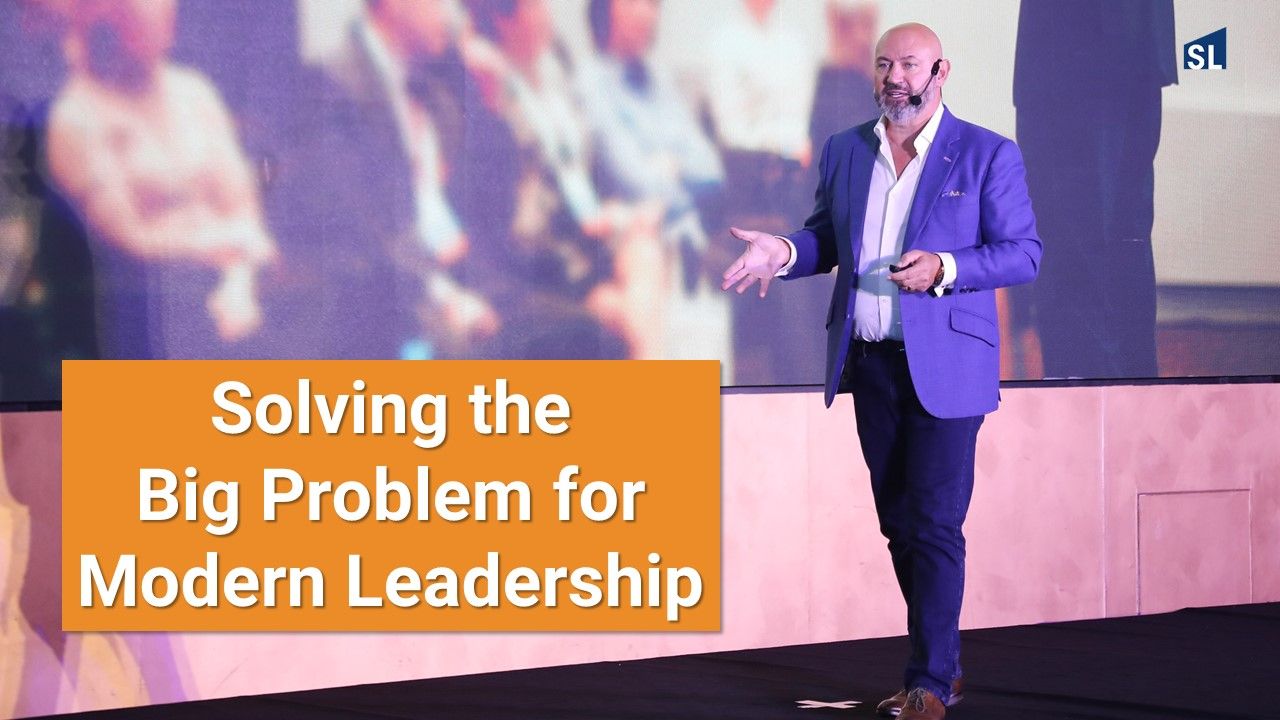PSYCHOMETRIC and PERSONALITY TESTS
Leadership of others and Self-leadership cannot occur without Self-awareness. Effective scientifically validated tests make leadership development and coaching more effective.
PERSONALITY TESTS
Effective Self-leadership is only possible with Self-awareness of our personality. To effectively lead people, it is essential to understand how your 'leadership style' influences different personalities, and how different personalities interact in teams.
The word personality comes from the Latin persona, which refers to the masks once worn by actors to give clues as to the emotions driving their behavior. Today the term personality refers to the sets of predictable behaviors by which we profile a person. These sets of behaviors are known as types or traits and profiling tools are known as psychometric tests.
Trait DOES NOT = Behavior
Trait X Situation, Moderated by Awareness = Behavior
THE HISTORY OF PERSONALITY PROFILING
Personality profiling goes back 2400 years to Hippocrates. Hippocrates suggested that one’s persona is based upon four separate temperaments (Air, Fire, Earth, and Water). This was probably the first 4-box personality type profiles which are still popular today – you may have come across tools such as DISC (Marston, 1987), or Herman Brain Dominance.
Psychologist Carl Gustav Jung, (1875 – 1961) categorized mental functioning into sensing, intuition, thinking, and feeling. The Myers-Briggs Type Indicator (MBTI) is a 16-type indicator of Carl Jung’s Psychological Types (1940’s). MBTI has been one of the most enduring of the psychometric tests used by organisations.
The weakness of MBTI is that as a ‘Type’ indicator it assumes that people are one of opposites, they are either extrovert or introvert, there is no in-between. The majority of organisational psychologists and common sense, suggest that personality is a ‘Trait’ and is more like a sliding scale (standard distribution) where your personality can be at any point on the scale (1-10).
A BREAKTHROUGH IN PERSONALITY AND PSYCHOMETRICS
Selfleadership International we help our clients achieve Self-awareness and behavioural flexibility, using the latest Neuroscientific profiling tools developed by Dr. Nigel Guenole, of Goldsmiths, University of London and Dr. Colin De Young, of Personality Lab, University of Minnesota.
Personality Perspectives
Perspectives measures the ten aspects of personality identified by De Young et al. (2010), and can be aggregated to form the big five, and the higher order personality dimensions of stability (alpha) and plasticity (beta).
Perspectives is a self-report inventory. It is 90-questions long, makes minimal reading demands, and can be completed in under 15 minutes. Reports can be generated instantly for selection and development purposes. We use Perspective for Executive Coaching and for Team Alignment Sessions.


Limits Personality Test
Limits is a measure of a person’s least flattering personality characteristics, commonly referred to as ‘the dark side’ or 'derailers. Designed to predict job performance and diagnose counterproductive behaviors that might interfere with interpersonal work relationships and might prevent a person achieving their work goals.
Limits measures six maladaptive personality traits associated with extreme scores on the Big 5 personality model, these are: Competitiveness, Reserve, Negative Emotionality, Dis-inhibition, Diligence, and Unconventionality.
The Limits Report highlight areas of high risk and provide probing questions and development recommendations.
Pioneer of Self-Leadership & a Global Influencer on Creating Winning Cultures
C-Suite Adviser and Executive, Andrew Bryant uses Perspective and Limits Psychometric tests to help his clients build Self-awareness, team alignment, and to scale for Global expansion.
- 25 years of experience helping executives to break through to the next level of leadership.
- International sought-after keynote speaker on self-leadership
- Author of The New Leadership Playbook
Measuring Self-leadership
Self-leadership is the practice of intentionally influencing your thinking, feeling, and actions toward your objective/s (Bryant and Kazan 2012).
From this definition, we find that self-leadership is dependent on context and 3-core competencies, self-awareness, self-learning, and self-regulation.
Self-awareness is the tendency for an individual to focus on and reflect on their own psychological processes and inner experiences as well as their relationships to others.
Self-learning is the process by which individuals take the initiative, in diagnosing their learning needs, goals, resources, and outcomes.
Self-regulation is the process of modulating attention, emotion, and behavior to a given situation/stimulus, for the purpose of pursuing a goal.
As self-leadership behaviors are contextual, the best way to measure them is with a Situational Judgment Test (SJT). Andrew Bryant M.D. of Self Leadership International, with the support of the OPRA Psychology Group, has developed the World's first Self-leadership SJT.
SJTs capture a test taker’s contextualized responses to samples of job situations. Participants are provided with video scenarios that portray situations that individuals might face at work. Each scenario is followed by a series of items that represent ways in which you could respond to the situation. Participants are then asked to evaluate these potential responses and arrange each response based on what they would most prefer and least prefer to do. Their responses are then used to make predictions about their future performance.


The report (section sample shown above)is insightful, however, the Self-leadership SJT is best de-briefed with a qualified coach.
The Self-leadership SJT is available on a Platform with other Personality Tests, such as Perspective and Limits.
Give You & Your Team the 'Secret Sauce' to Succeed!
Schedule a 30 Minute Discovery Call with Andrew to Share Your Requirements, Create a Customized Roadmap and Craft the Perfect Intervention for You and Your Team.





